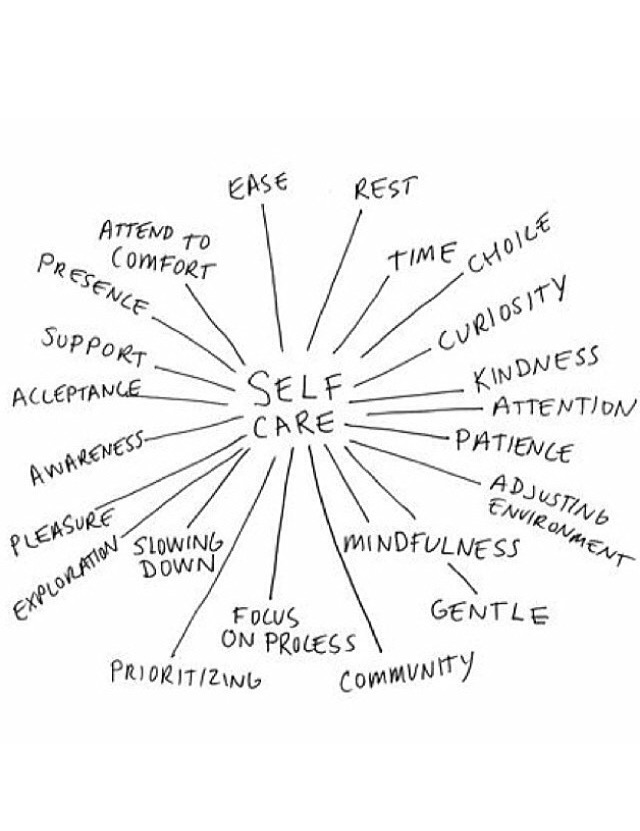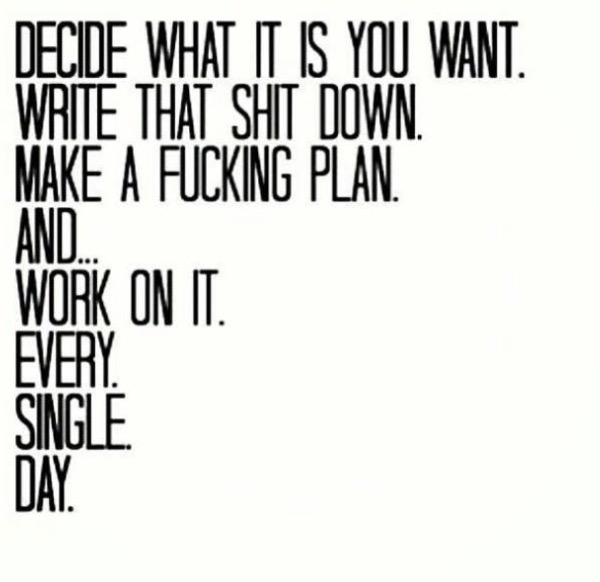Being positive in general or positive thinking may seem like fluffy terms. Until recently, I myself was quite sceptical but I have discovered that there is more to positive thinking than simply saying positive things, it’s a skill in itself and has numerous benefits.
Positivity all comes from a place of self-care and self-love. It can also help you to learn to love yourself, allow you to grow and to focus on more important things/the bigger picture in life.
There are many positive thinking techniques – below I have listed 5 that you can start to incorporate into your day-to-day life. It will require practice and patience but the benefits will be worth it.
1. Keep a Gratitude Journal
Every morning, evening, or night before you go to bed write 3 things in your life that you are grateful for, it can be anything simple like “I am grateful for my morning cup of coffee for giving me a boost this morning.”
2. Spend time in nature and away from your phone
Studies suggest that spending a lot of time on your phone everday can have a huge impact on your mood. Think about it… when you’re on Instagram and bombared with skinny, tan, toned people living a luxurious life you are going to compare yourself to them and ultimately feel shit about yourself. Spending time in nature and making an effort to focus on the present e.g. focusing on the colour and shapes of the trees and flowers around you, the different smells, sounds etc., can do wonders for your mood.
3. Surround yourself with positive people
You are who you surround yourself with, don’t let it be nasty, bitter or manipulative people. Find people who support you during the good and bad times.
4. Positive affirmations
To start, think of 1-3 positive affirmations. They can be based on your positive qualities e.g. I am a loyal friend, or they could challenge your negative beliefs about yourself e.g. I am worthy. Write your affirmations on coloured post its and place them around your room, apartment, or house.
5. Do activities you love or you loved as a child
Some examples may be:
- Watching a funny fillm
- Watching your favourite TV show
- Spending time with loved ones
- Going to the library
- Going to the museum
- Arts and Crafts
- Mindful colouring
Also, it’s exciting to explore new activities with a childlike curiosity.
Hopefully this was helpful to you all 🙂
Tara






